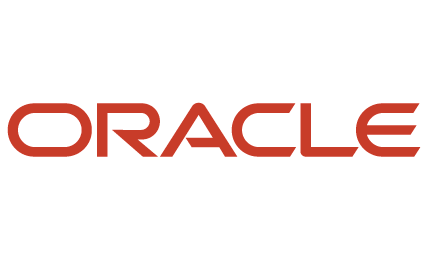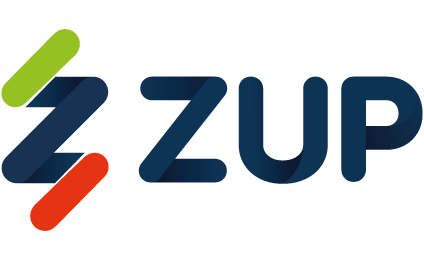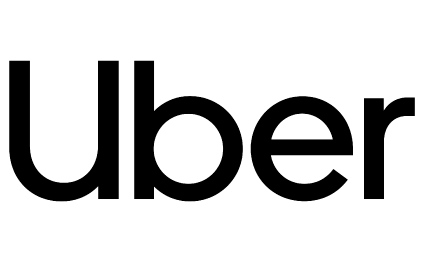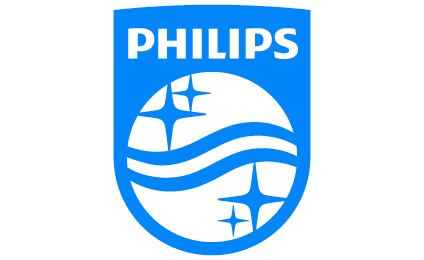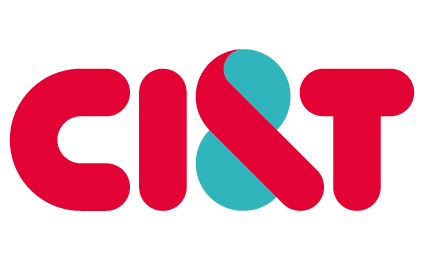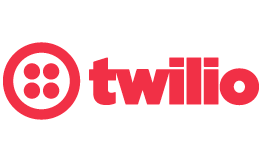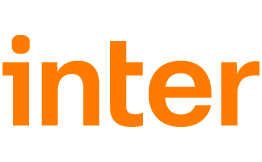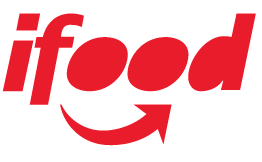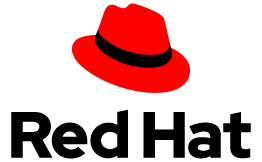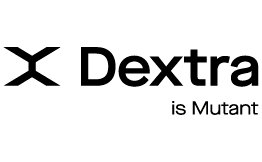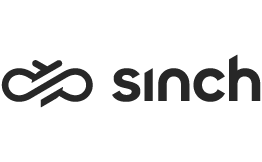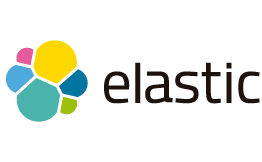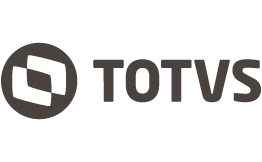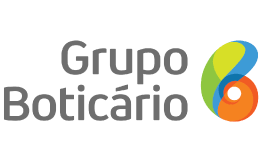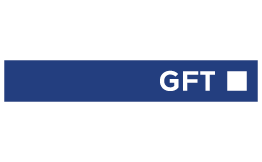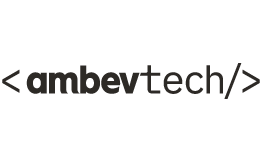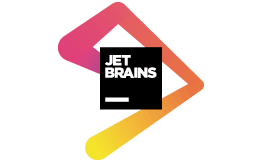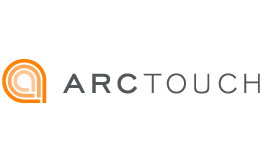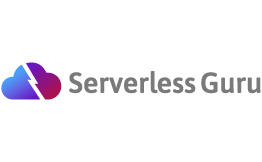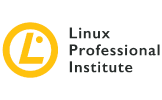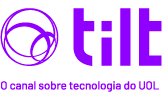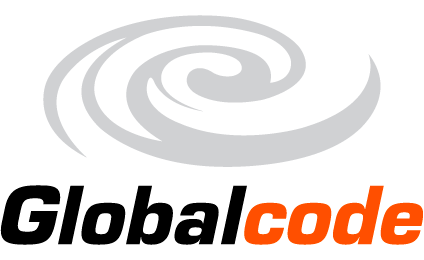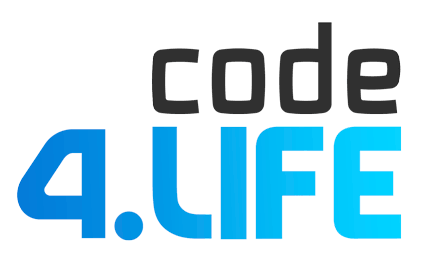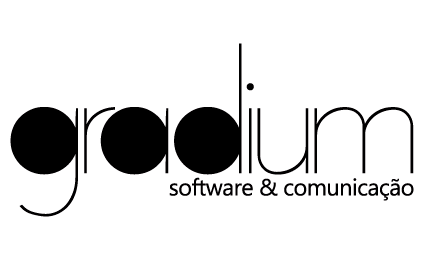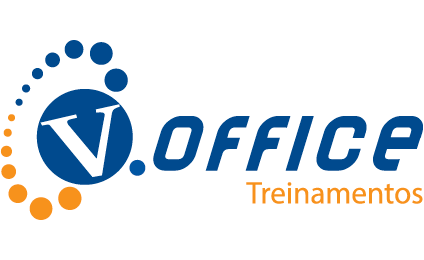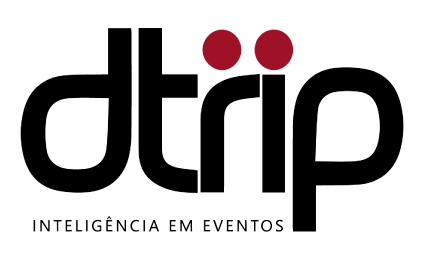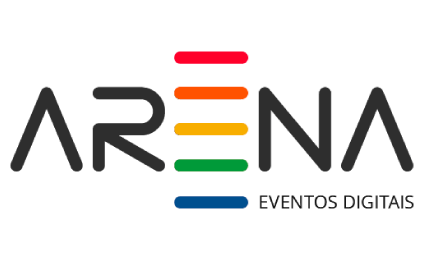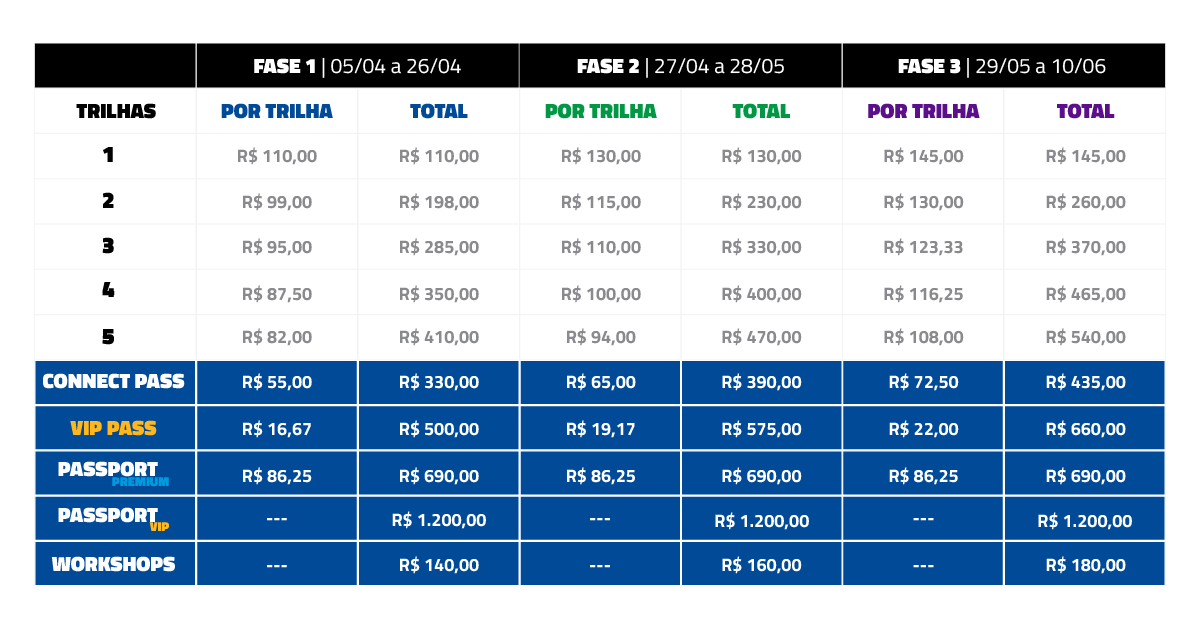10:15 às 10:45
(GMT-3)
13:15 às 13:45 (GMT)
|
TDC Opening
Welcome Session - International Edition
|
10:50 às 11:25
(GMT-3)
13:50 às 14:25 (GMT)
|
How to Navigate the Messy Connection between Work and Value in your Team
Dave West
Everyone knows that agile approaches are designed to deliver value. The idea of incremental delivery in pursuit of a mission for customers is fundamental to Scrum and the Agile Manifesto. So why is it so hard to decide on a Sprint Goal? And why, when asked about progress, do people talk about velocity and Story Points? Many Scrum Teams reality is that their very reason for being is defined not by value but by work. But what changes when teams and organizations look to value instead of work?
In this talk, Dave West, CEO of Scrum.org, discusses the interesting, messy connection between work and value. He outlines how changes to the Scrum Guide have shone a spotlight on the challenge that many teams face when delivering more value.
In this talk we will cover:
-Why value is important and what happens when you are missing it.
-How to measure value inside and outside the team.
-What teams and leaders can do to better orient towards value.
|
11:30 às 12:05
(GMT-3)
14:30 às 15:05 (GMT)
|
Choreography vs Orchestration in serverless microservices
Mete Atamel
We went from a single monolith to a set of microservices that are small, lightweight, and easy to implement. Microservices enable reusability, make it easier to change and scale apps on demand but they also introduce new problems. How do microservices interact with each other toward a common goal? How do you figure out what went wrong when several microservices fails? Should there be a central orchestrator controlling all interactions between services or should each service work independently, in a loosely coupled way, and only interact through shared events? In this talk, we?ll explore the Choreography vs Orchestration question and see demos of some of the tools that can help.
|
12:10 às 12:45
(GMT-3)
15:10 às 15:45 (GMT)
|
Exploring Stateful Microservices built with Open Source Java in Kubernetes
Mary Grygleski
How does one choose to architect a system that has a Microservice / REST API endpoints? There are many solutions out there. Some are better than others. Should state be held in a server side component? Generally we are told this is a bad practice, especially when the 12-factor cloud-native principles seem to be all about stateless containers and agility, without keeping track of the state of data.
We will examine and demonstrate the fundamentals of a cloud-native ready system that?s built with Open Liberty in Kubernetes, which supports statefulness of data, session persistence, and how we can apply the Saga pattern to handle stateful microservices in a complex cloud-native environment.
|
13:00 às 13:50
(GMT-3)
16:00 às 16:50 (GMT)
|
How do we keep our teams engaged to achieve our goal to improve 2.5 billion lives per year by 2030?
Gabriela Waltrick Della Giustina
/
Ricardo Binns
As a leading healthy technology company, it is our purpose to improve people?s health and well-being through meaningful innovation. We aim to improve 2.5 billion lives per year by 2030. It is wonderful to have a meaningful goal, but we also know that in our daily lives we have so much going on that it is hard to implement it and keep teams engaged. We often see companies losing their tracks around high-level goals and it turns out that most of the work get lost and disconnected with the company purpose. In this talk we want to share the actions we use in our daily basis to help teams around the engagement to achieve our goals by being focusing on people, innovation, and fun.
|
14:00 às 14:05
(GMT-3)
17:00 às 17:05 (GMT)
|
Abertura da tarde
No palco da Stadium, todos serão orientados sobre o funcionamento do evento, destaques e outras novidades.
|
14:10 às 14:45
(GMT-3)
17:10 às 17:45 (GMT)
|
Future work skills: get ready for what's next
Roberta Lingnau de Oliveira
What is your purpose? How many times have you heard this question and, because it has no clear path, it seemed empty? The only certainty we have for tomorrow is that it is unknown and uncertainty is a fertile ground for curious minds willing to broaden horizons by deconstructing borders for a new world. A world built on your strength, on your history, on your passions, on your hands, on you. A world in constant and intense transformation, where genetic reinvention will no longer be new, bots will invade online platforms, dreams will no longer have an address and unthinkable ways of getting rich will emerge. This world will be yours. And ours too. Through this talk, we will explore skills that can transform our future. Are you ready?
|
14:50 às 15:25
(GMT-3)
17:50 às 18:25 (GMT)
|
Effective Kubernetes for Jakarta EE and MicroProfile Developers
Reza Rahman
There are several key techniques to understand while using Kubernetes with Java EE, Jakarta EE and MicroProfile applications:
-How Kubernetes primitives (such as deployments and services) align with application server administration, clustering, auto-scaling, auto-discovery, and load-balancing.
-How to add self-healing capabilities using Kubernetes probes and monitoring with open source tools like Prometheus/Grafana.
-How Kubernetes can be extended using Operators to effectively manage application server clusters.
-How the CI/CD pipeline of your application can be adapted to Kubernetes.
This entirely slide-free, demo-driven session walks through each of these considerations.
|
15:30 às 16:05
(GMT-3)
18:30 às 19:05 (GMT)
|
12 Ways to Increase Your Productivity
Scott Wierschem
Great developers are always looking for ways to become more productive. We are often too busy to learn new tools or techniques that could make a huge difference in our productivity. This session will introduce at least a dozen tips to help you do your work more quickly and easily.
|
16:10 às 16:25
(GMT-3)
19:10 às 19:25 (GMT)
|
Intervalo para fazer networking e conhecer os estandes do evento.
Intervalo para fazer networking e conhecer os estandes do evento.
|
16:25 às 17:00
(GMT-3)
19:25 às 20:00 (GMT)
|
Microservice Data and Transaction Challenges and Trade-Offs
Kuassi Mensah
/
Paul Parkinson
There are a number of challenges with microservices including: polyglot persistence; data consistency; and transactions across microservices. This session discusses the trade-offs bw multi data models versus single data model (R) DBMS engines for Relational, JSON, Graph, Spatial, Text, etc. data types. The session then discusses maintaining data consistency in MicroServices architecture including: atomicity of persisting events and state; guarantee exactly once message delivery, data consistency, and parallel updates. Finally the session discusses the trade-offs for transactions across microservices including SAGA, Microprofile Long Running Actions and compensation.
|
17:05 às 17:40
(GMT-3)
20:05 às 20:40 (GMT)
|
Stop teaching tools. Start building teams.
Nigel Thurlow
Why do so many Transformations fail? Is transformation the right word? Where does agility fit and what about new concepts like flow. How do you truly influence the change and optimization of an organization.
Is Kanban the new Scrum? Are tools really needed?
In this Keynote talk by former Toyota Chief of Agile, Nigel Thurlow will discuss how human behaviors and team science are the key to successful change initiatives, be they Lean, Agile, Scrum or Flow to deliver value.
Nigel will explain the Triple Helix of Flow and explain why this is the DNA of organizations.
|
17:45 às 18:20
(GMT-3)
20:45 às 21:20 (GMT)
|
Understanding Machine Learning for Java Developers
Frank Greco
Machine Learning (ML) is a huge, long-term global trend that affects every part of the stack from the user to the hardware. Visual Recognition (VisRec) is an important subclass of ML with wide business applications across many types of industries and use cases.
But for Java developers, there doesn?t seem to be many ML coding options other than learning Python. The current ML libraries either are very complex and designed for data scientists, or they are Java wrappers around C/C++ libraries and don?t ?feel? like Java tools.
JSR381 is a new Java-native API for ML. We?ll talk about goals with JSR381, the API, its internal architecture, and show some examples.
|
18:25 às 18:45
(GMT-3)
21:25 às 21:45 (GMT)
|
Encerramento
Após a apresentação de resultados do dia, no palco da Stadium, muitos sorteios fecharão o dia.
|













 áudio somente em inglês
Time Zone: GMT-3
áudio somente em inglês
Time Zone: GMT-3
 Yara Mascarenhas Hornos
Yara Mascarenhas Hornos
 Julio Matos
Julio Matos
